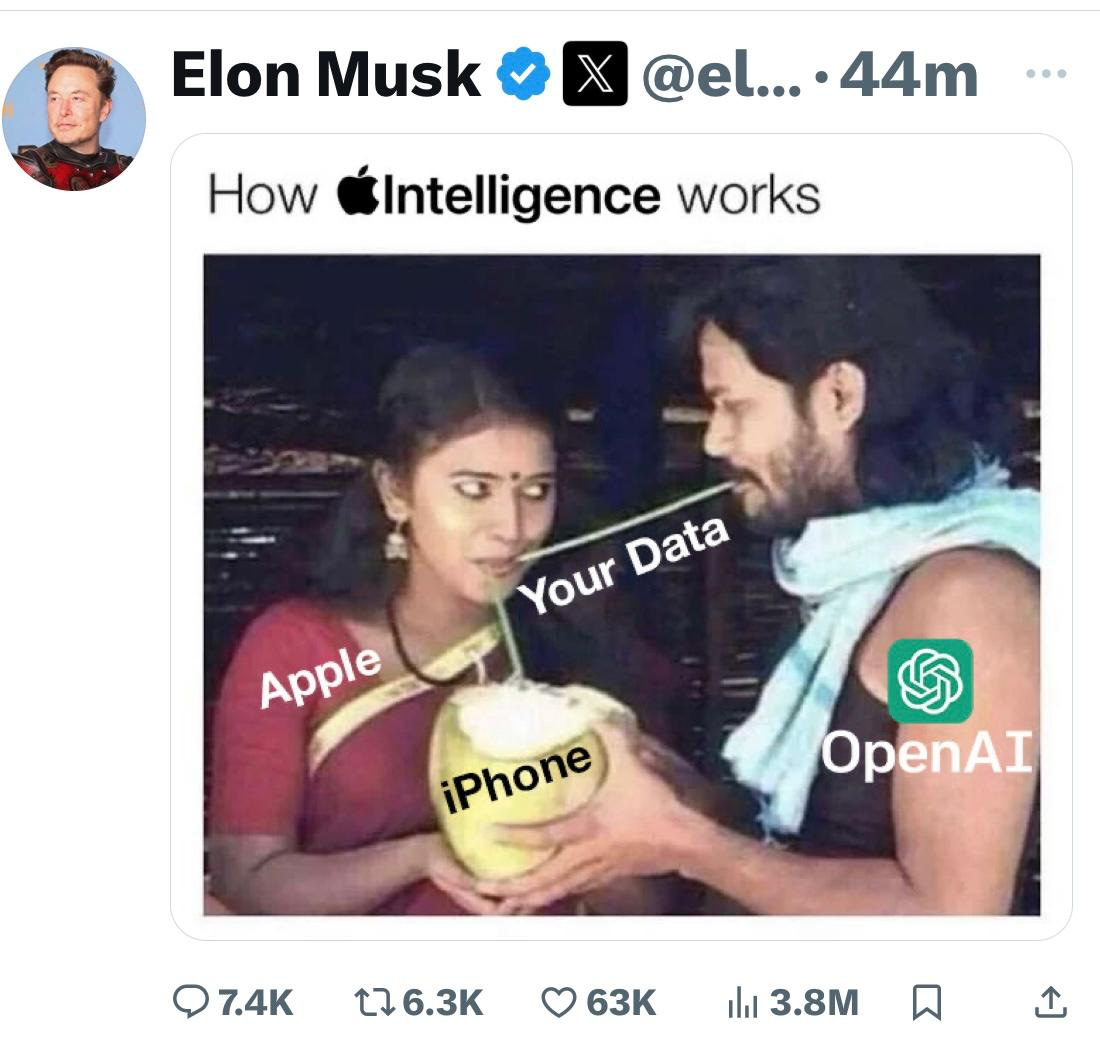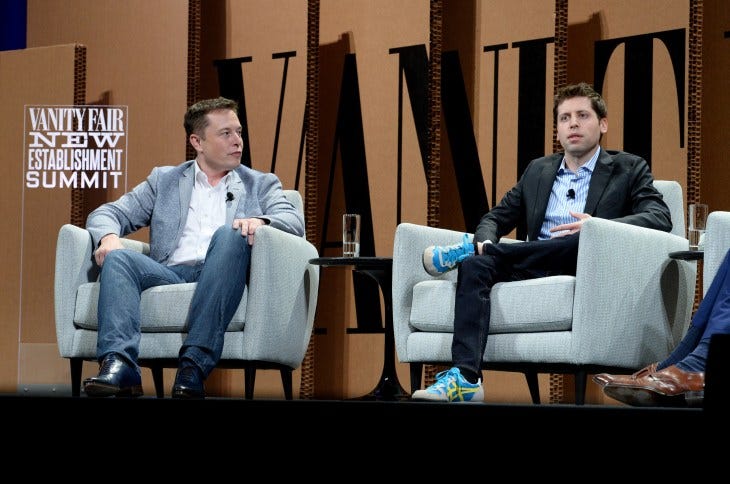Elon Musk Drops Lawsuit Against OpenAI and Sam Altman
Averments were that the original mission of OpenAI to develop artificial general intelligence (AGI) for the benefit of humanity had shifted towards a for-profit model dominated by Microsoft.
Background of the Legal Battle
Elon Musk, the CEO of Tesla and SpaceX, withdrew his high-profile lawsuit against OpenAI and its co-founders, Sam Altman and Greg Brockman, on Tuesday, 11th June. The suit, filed in February in California state court, had accused OpenAI of breach of contract and fiduciary duty. Musk's legal move came just a day after he publicly criticized OpenAI's new partnership with Apple, claiming it lacked adequate privacy safeguards for user data. The matter was scheduled to come before the court on Wednesday, June 12th.
The Lawsuit's Foundation
The lawsuit was based on allegations that the original mission of OpenAI to develop artificial general intelligence (AGI) for the benefit of humanity had shifted towards a for-profit model dominated by Microsoft. Musk's complaint highlighted that the core agreement between the parties was not formalised in a written, signed contract, which legal experts deemed a weak foundation for the case. Despite this, Musk's 35-page complaint extensively outlined his pivotal role in establishing OpenAI, a company now regarded as one of the leading AI startups globally, particularly due to the success of its ChatGPT technology.

Legal Opinions and Industry Reactions
Experts voiced scepticism about the lawsuit's legal merit from the outset. Kevin O’Brien, a partner at Ford O’Brien Landy LLP and former assistant U.S. attorney, remarked, “It’s certainly a good advertisement for the benefit of Elon Musk. I’m not sure about the legal part though.” This sentiment was echoed by other legal analysts who pointed out the dubious nature of Musk's claims given the informal agreements that underpinned them.
The Role of xAI
Amidst the legal drama, Musk's own AI venture, xAI, made significant strides. Launched last year as a competitor to OpenAI, xAI recently secured a $6 billion Series B funding round. This funding, backed by prominent investors such as Andreessen Horowitz, Sequoia Capital, and Fidelity Management & Research Company, underscored the startup's growing influence in the AI sector. xAI's stated mission is to "understand the true nature of the universe," and its chatbot, Grok, inspired by "The Hitchhiker's Guide to the Galaxy," showcases the company's ambitious technological aspirations.

The Hearing and Its Outcome
A crucial hearing was scheduled for today (12th June) in San Francisco, where the Judge was set to deliberate on the defendants' motion to dismiss the case. However, with Musk's voluntary withdrawal of the suit, the case was dismissed without prejudice, meaning Musk retains the option to refile in the future if he chooses, subject, of course, to the statute of limitation.
The Broader Implications
Musk's legal manoeuvres against OpenAI, particularly his outspoken criticism of its partnership with Apple, appear to be more than mere attempts at legal recourse. They seem designed to shape public opinion and influence market dynamics in ways that favour his ventures. Throughout the pendency of this lawsuit, Musk successfully raised substantial capital for xAI, highlighting how high-profile legal actions by tech billionaires can often serve broader strategic purposes beyond the courtroom.
Summing Up
The withdrawal of Musk's lawsuit against OpenAI and its co-founders illustrates a recurring theme in the tech industry where legal battles are as much about narrative control as they are about judicial outcomes. Musk's ability to raise $6 billion for xAI during the legal proceedings underscores the multifaceted strategies employed by tech moguls to advance their interests. As the landscape of AI continues to evolve, such actions will likely remain a staple, reflecting the intense competition and high stakes involved.
If you believe this article would interest someone you know, please feel free to share it anonymously (for us), using any platform that you prefer.





